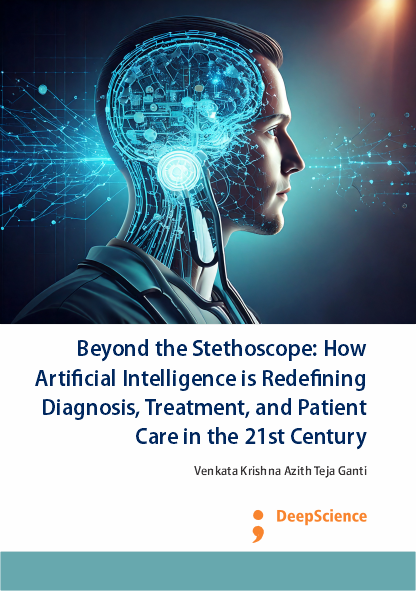From data to diagnosis: Leveraging big data and artificial intelligence for personalized healthcare
Synopsis
There has been a surge in digital health applications where contemporary information and communication technologies are used to manage illnesses, health risks and to promote wellness. This includes wearable devices, mobile health, telehealth, telemedicine, etc. This evolution has the promise to improve access to healthcare, reduce inefficiencies, and provide a more personalized (patient-centric) healthcare. Artificial intelligence-based applications with the ability to provide personalized recommendations is an emerging topic in digital healthcare, which will be referred to as digital health AI. Before AI applications can be used in healthcare, they must be “trained” using clinical data or synthetic data. There is a large variety in clinical data. From less sophisticated data such as demographics, to more sophisticated data like medical notes, physical examination and clinical laboratory results. Historically, while there exist some sophisticated types of clinical data, they predominantly have been a privilege of large urban tertiary care centers. Along with the more recent emergence of advanced analytics, machine learning, and AI techniques, there are numerous possibilities for transforming this data into meaningful and actionable results. Nowadays, healthcare stakeholders can use analytical techniques to harness the power of data for analyzing historical data, predicting future outcomes, and determining the best action for the current situation. While tools exist for clinical data exploration, there is a need for more precise and focused data, with more sophisticated or richer content. This can be partly achieved by means of generating synthetic data. Synthetic data can refer to any production data applicable to a given situation that is not obtained by direct measurement.
From a sociomaterial perspective this outlines a series of practices and interventions carried out in the context of biobanks that exemplify broader trends and issues surrounding big data in medicine. Key points span from categorization of diseases to the definition and standardization of biomarkers, and from technologies that capture and produce data to emerging forms of medical data and wearables that are increasingly being embedded into ecosystems. Relevant issues include the multitude and diversity of devices and resulting data in healthcare, enrolled citizens or patients, and research studies. Intertwined with these are data processes related to discovery, collection, analysis, and sharing, which incorporate software, modeling, and statistical infrastructures, ultimately producing outputs to steer clinical practice and policy-making. Throughout these entanglements, biosociality brings apprehension and reshapes patient care, medical science, and the emergence of novel medical-tecno-health ecosystems.













